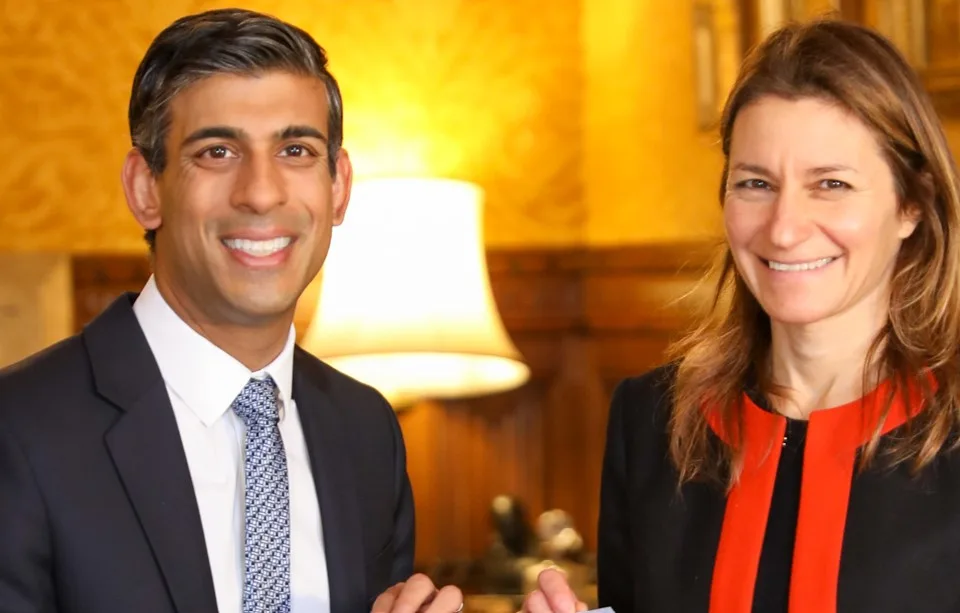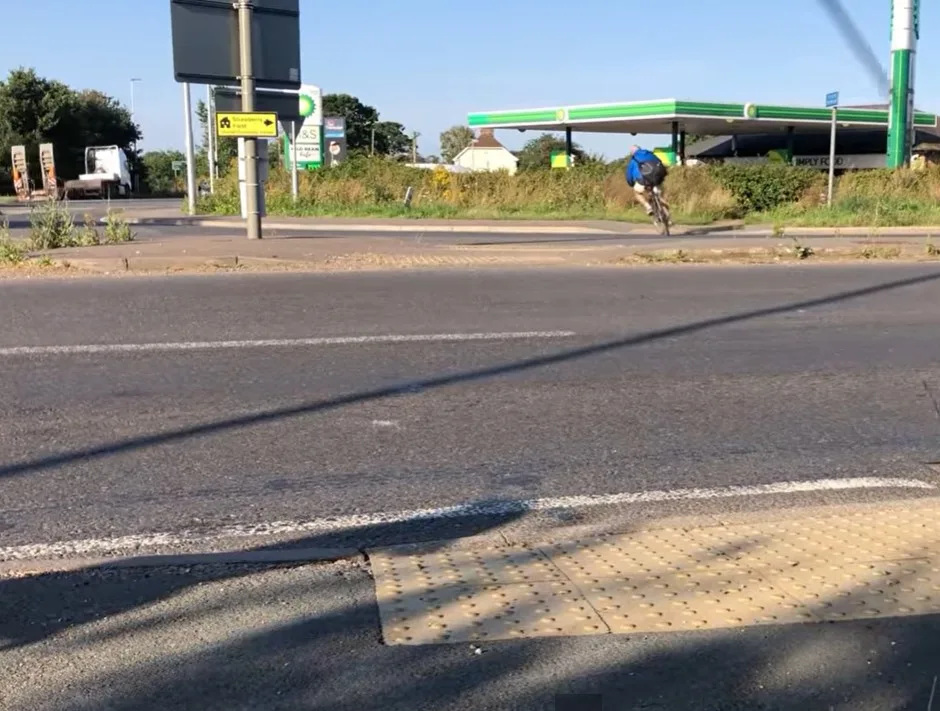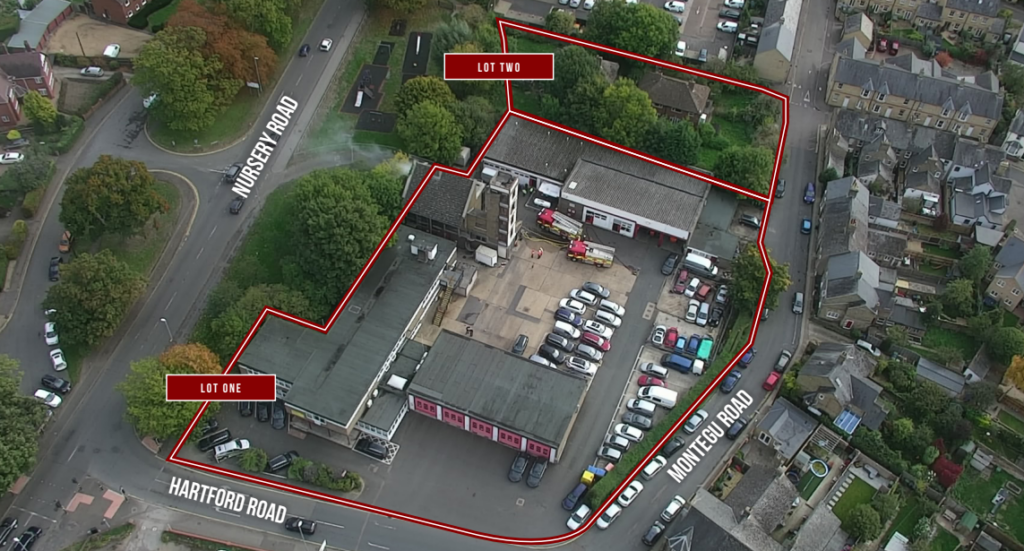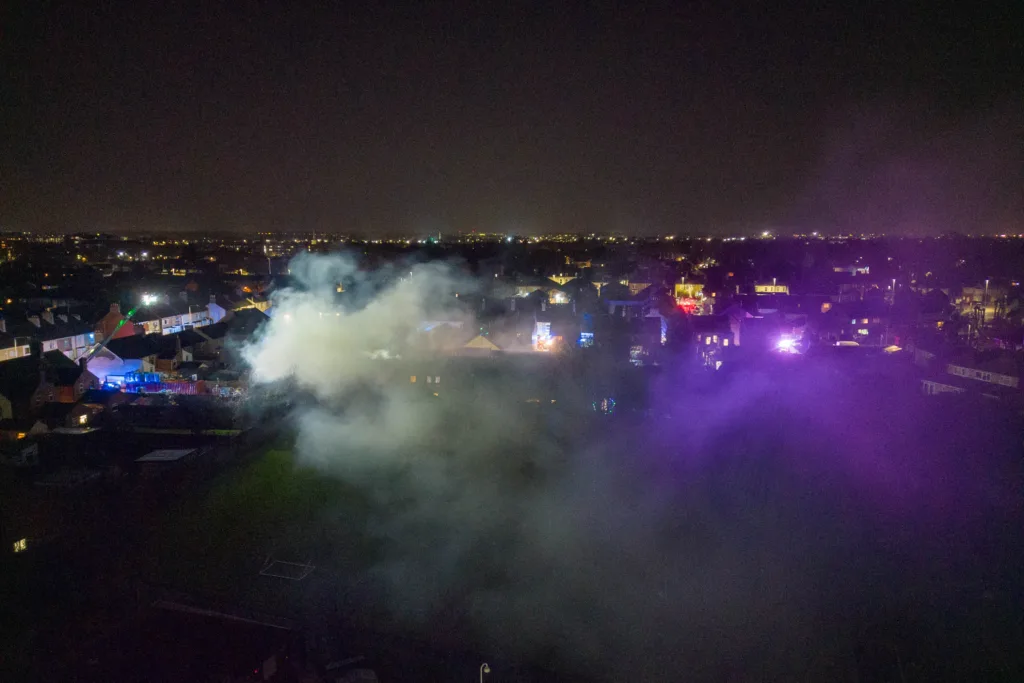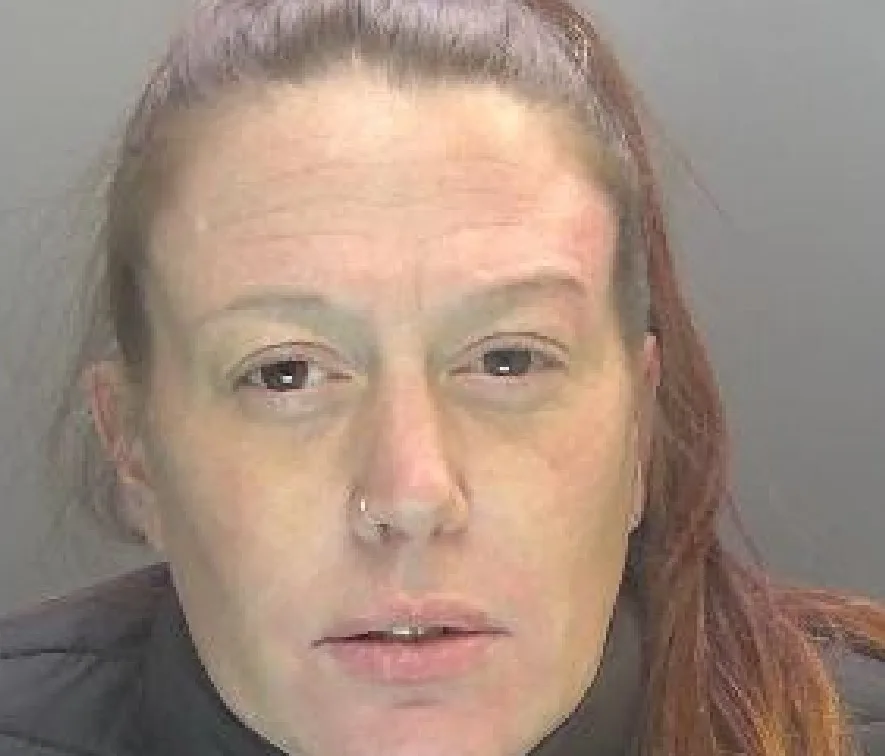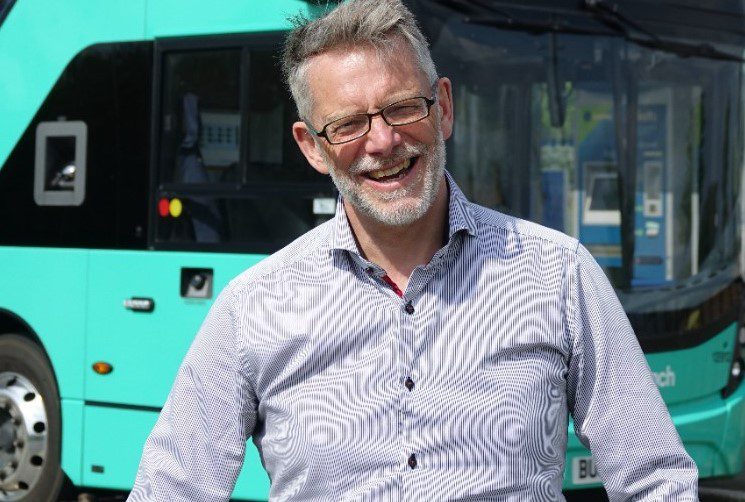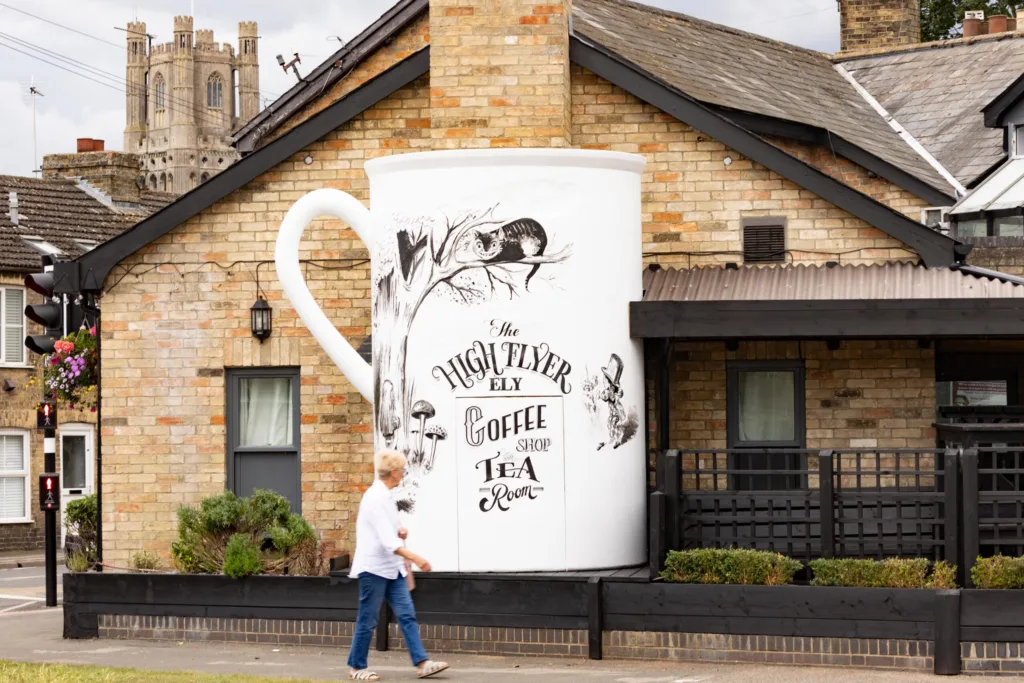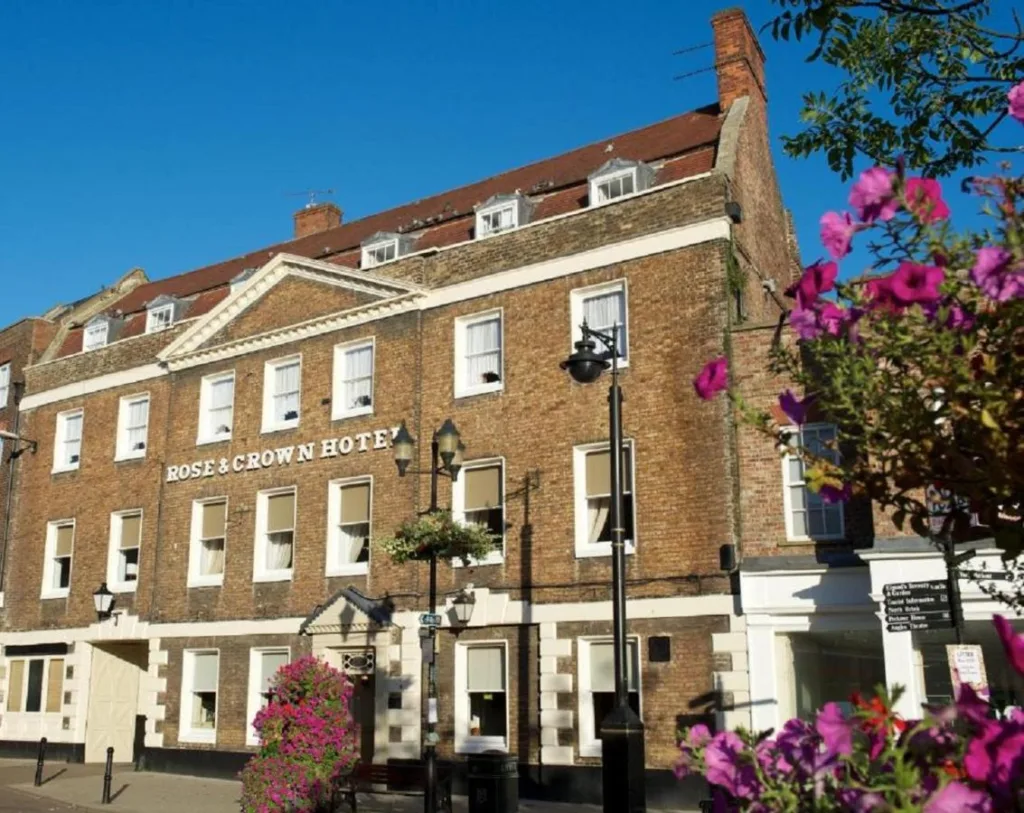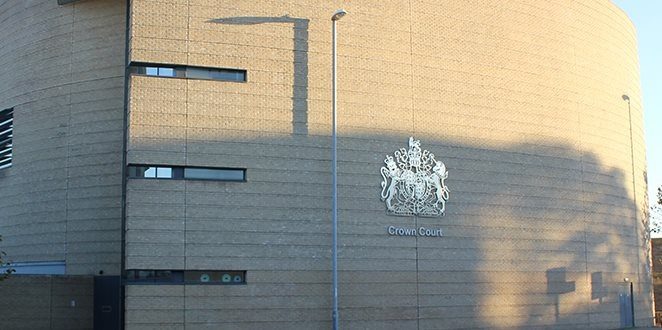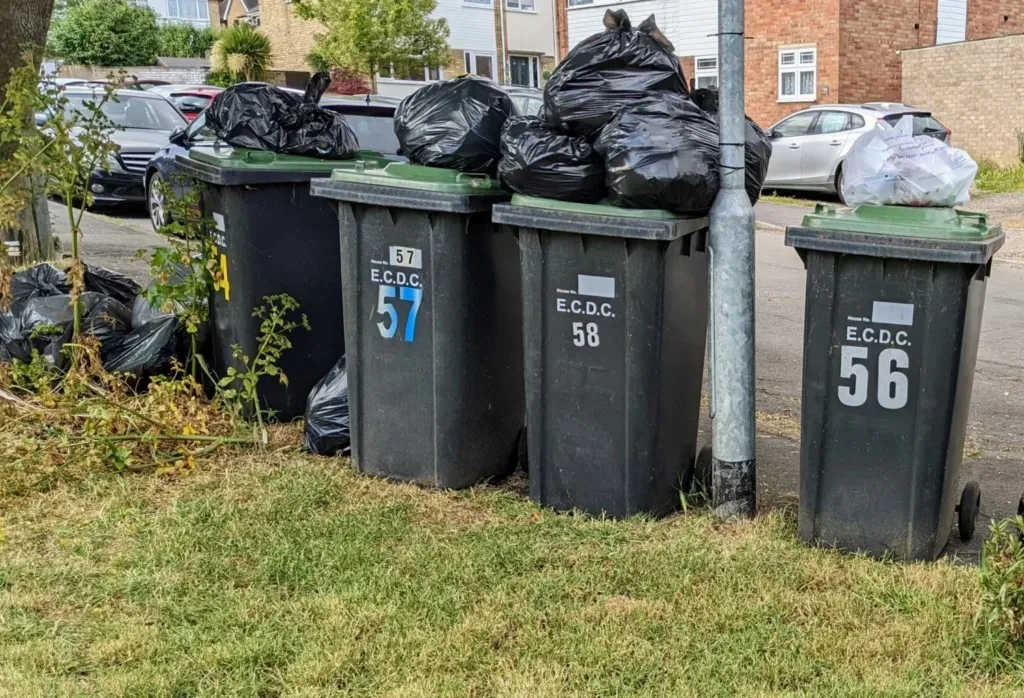Culture Secretary and SE Cambridgeshire MP Lucy Frazer believes freedom of the press is under threat across the world, but she says the UK government wants measures to increase press freedoms.
In a keynote speech to a media and telecoms conference today, Ms Frazer set out what she described as a “clear agenda for the months ahead”.
Here is her speech, in full, to the audience at the Park Plaza, London Riverbank.
Today I want to set out my reflections on three key parts of my portfolio as Culture Secretary.
They are Potential. Opportunity. And Freedom.
That is:
Unlocking the potential that exists in the industries my department represents, including the creative industries
Ensuring DCMS and Government as a whole support and create opportunities for young people.
And highlighting the challenges to press freedom and identifying the principles by which we need to resolve those challenges
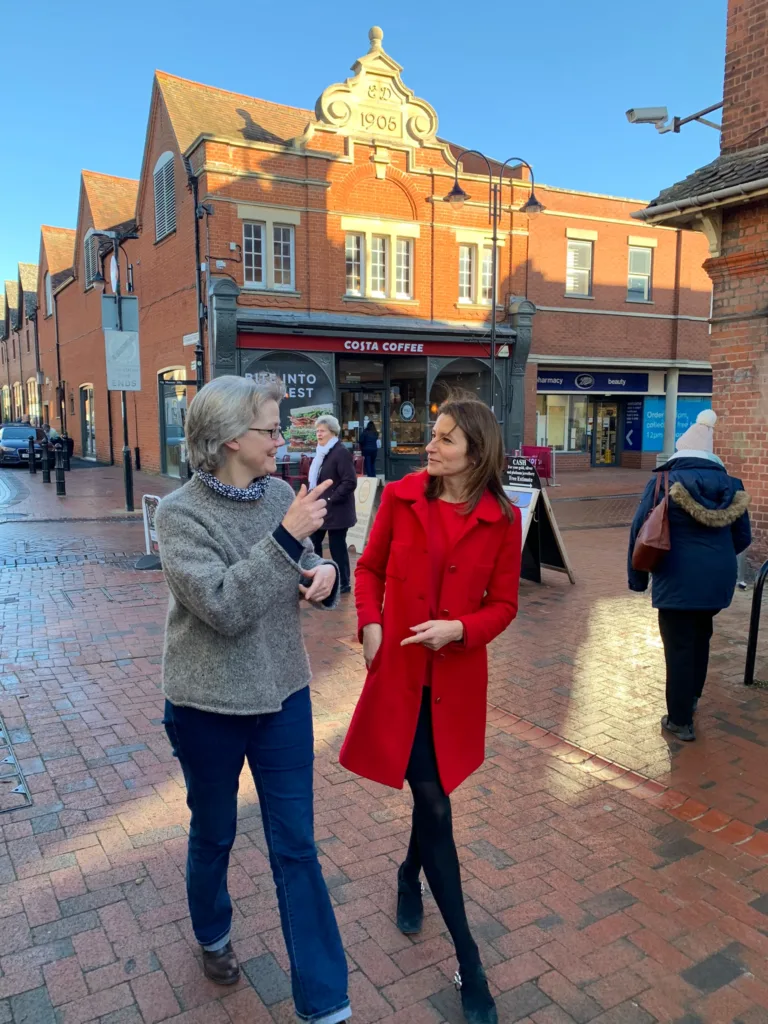
Before I turn to these thoughts I want to talk about delivery
As you will know we have a Prime Minister who is laser-focussed on delivery.
And he appointed me 100 days ago to deliver
On a number of projects that affect our communities
And I have taken that challenge to deliver very seriously.
And in that time, I have brought to fruition a number of previous commitments
These include:
A draft media bill with reforms to level the playing field for our public service broadcasters
A Football White Paper to protect our beautiful game
A Gambling White Paper that delivers for the smartphone age
Millions of pounds to support Youth facilities across the country
100m to support our charities and 60m to upgrade our swimming pools
An international summit setting out our opposition to Russian and Belarusian participation in international sporting events
As well as working with my department, the Royal Family, and the BBC to deliver the coronation and the events surrounding it as well as Eurovision, where we worked closely with Liverpool.
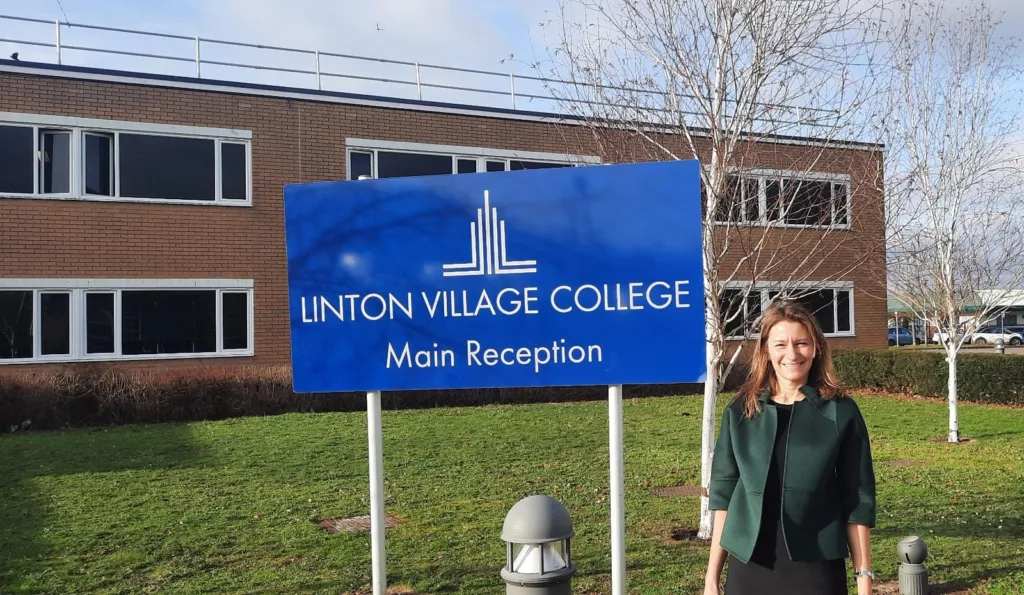
And now that I’ve delivered on these commitments, I want to lay out a clear agenda for the months ahead.
One centred around potential, opportunity, and freedom.
And I wanted to start by telling you a story about a brilliant woman called Yetta who understood the importance of freedom, opportunity, and potential.
Her parents were Russian and came to our free country as refugees fleeing persecution.
And despite a number of potential drawbacks of that age – being Jewish, the child of immigrants and a woman.
She succeeded.
Yetta ignored obstacles.
And focussed instead on the opportunity she had been given to be brought up here in the UK and in her very own extensive potential.
My grandmother, Yetta Frazer, became the first female barrister in Leicester and practised at the bar until she was 80.
And on every visit, I made to see her, she reminded me of a line in a poem by Robert Browning.
‘A man’s reach should exceed his grasp, Or what’s a heaven for.’
It’s a line about believing in your ability to succeed and taking advantage of the opportunity to realise your potential.
It totally summed up her life and it is my guiding principle in this role.
I think my Department gets to represent some of the very best of Britain.
Musicians and songwriters like Adele and Ed Sheeran. World-class footballers.
Budding young writers and producers, video game creators and fashion designers.
To my mind, DCMS is the Department for talent and opportunity.
And our industries are truly world-class.

I represent so many companies that have understood their potential and done everything possible to maximise it.
Taking just 2 examples from companies here in this room.
Sky who launched in 1989 in a prefab structure in an industrial park on the fringes of west London.
Today Sky is among our leading entertainment companies, with 23 million subscribers.
Or Netflix who were founded as a mail order rental firm in the 90s and have evolved into a business that has spent £4.8bn in the UK since 2020 making TV shows and films here and kickstarting long-term studio leases at Shepperton, Longcross, and a new London HQ opening last year.
Indeed, our creative industries are world class. They generated £108 billion in 2021 and employ over two million people across the country.
And to put things in perspective they are worth more than our life sciences, automotive manufacturing, aerospace and the oil and gas sectors combined.
We are in the global age of the silver screen.
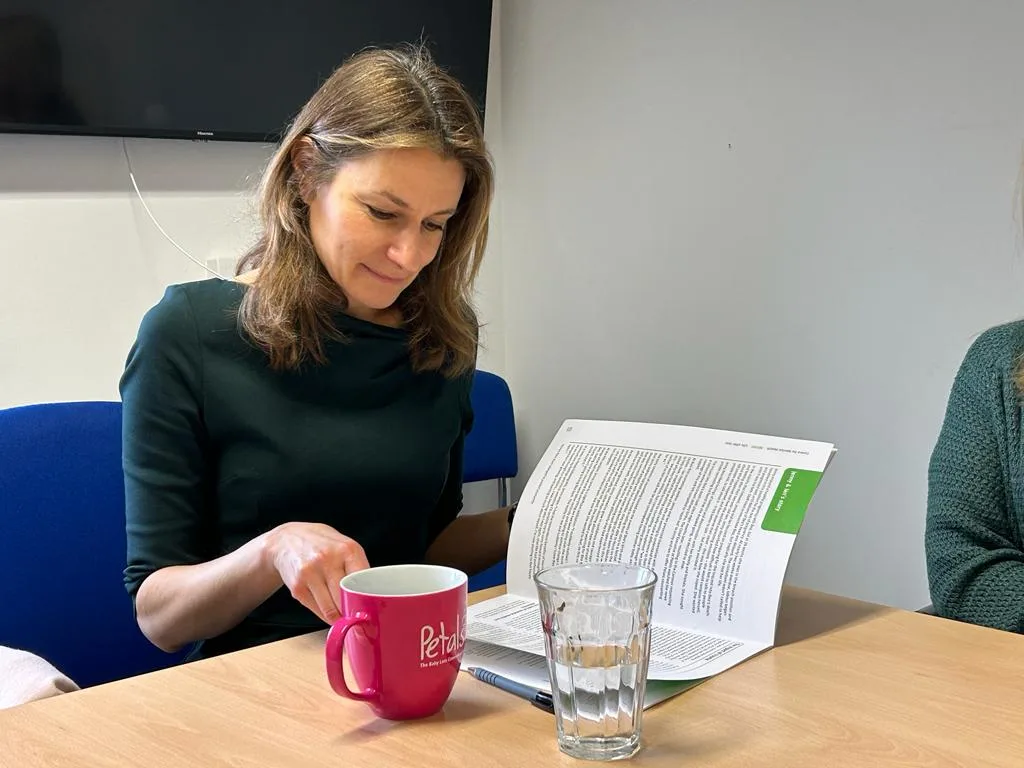
We rival any country in the world at sound and visual effects and are on track to double UK film stage space by 2025.
And the world over, there is demand for high-end British productions not just because of our fantastic actors and our great locations, but because of our tech know-how and production skills.
The imagination of our designers, our producers, our content creators, our writers, and artists is spearheading growth right across our economy.
But it’s also owed, in-part, to how the Government and industry have worked together to back talent in this country and make Britain one of the best places in the world to be creative.
And I am here to continue to maximise that growing potential.
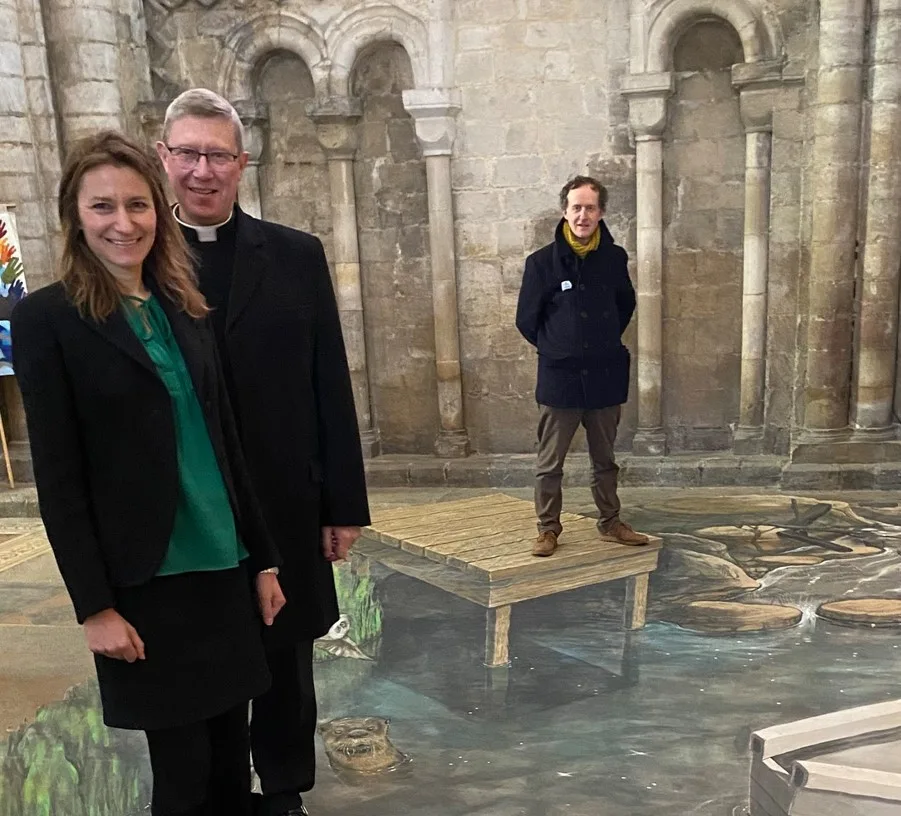
This Conservative Government has shown what can be achieved when we work with and listen to all of you working in industry.
It is that same model of public-private partnership that gave us:
A world-class vaccine development programme and rollout across the country.
A £1.5bn covid relief package during Covid that helped protect our cultural and creative industries.
A highly successful Film and TV Production Restart Scheme that ensured the industry was able to keep making great new content despite the lack of commercial insurance to cover Covid risk
And tax reliefs that have been a huge catalyst for growth for our creative industries.
I have no doubt that we in Government can do more to support our creatives.
But we cannot simply rely on the formula for that past success.
We face increasing global competition, and we cannot afford to be complacent.
By turbocharging growth and investment in sectors like video games, visual effects, music, fashion, film, and television and more, we can retain our status as a creative industries superpower for decades to come.
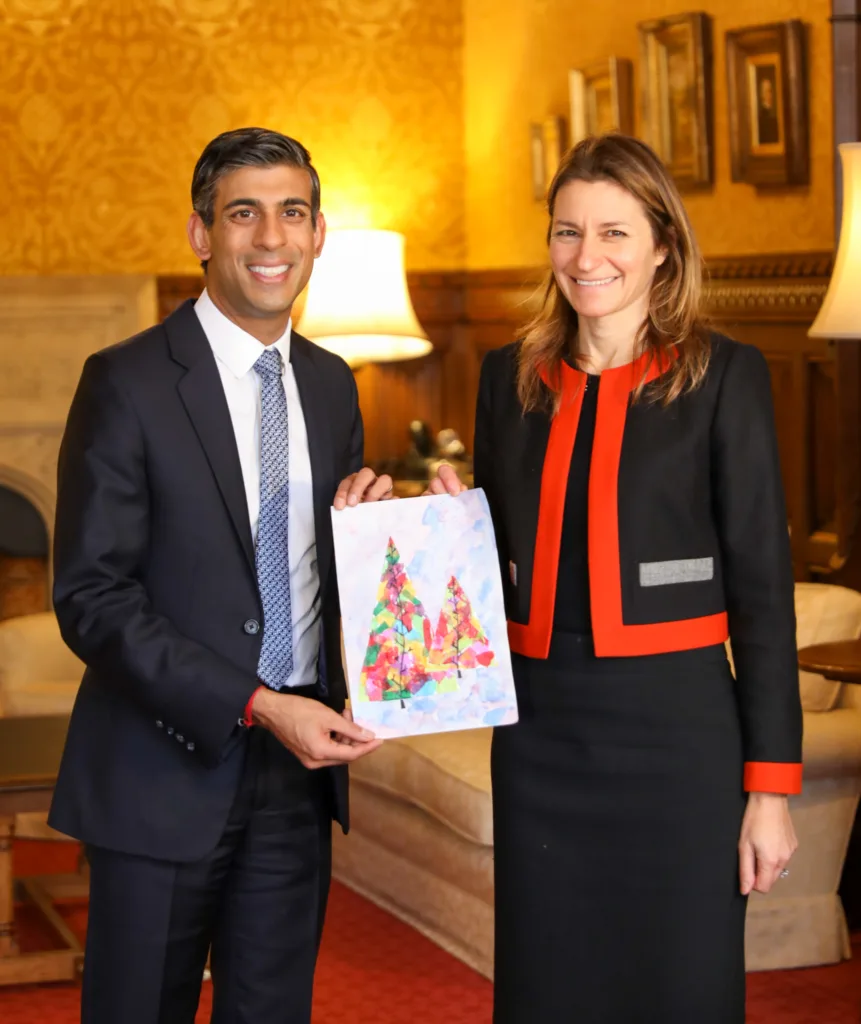
In order to do that we need to maximise potential. So, I am committing to:
Growing the creative industries by an extra £50bn by 2030.
Creating a million extra jobs – all over the country – by 2030.
And delivering a Creative careers promise that builds a pipeline of talent into our creative industries. And I want to work with you to deliver it.
And I know we can. Because we are fortunate to have a PM and Chancellor who have identified this sector as one of 5 priority sectors for Government.
And who have shown their commitment by taking action to support the industry.
At the Budget the Chancellor backed our theatres, museums, galleries, orchestras, film, High-end TV, and video games sectors by extending and reforming tax reliefs that create jobs, drive growth and support talent.
Over the next few months, we will be identifying how we can go further.
First – growing these sectors by promoting skills from primary school children to those returning to the workforce.
Whether that is in music at school or extracurricular activities and working with the creative sector on maximising the opportunities of bootcamps and apprenticeships.
Secondly, we want to harness talent in clusters across the UK and support cannot be at the expense of London or detract from those places that are already thriving.
It needs to build on what we have already seen across the country. Whether that’s video games in Dundee and Leamington Spa, or TV in Birmingham and Leeds.
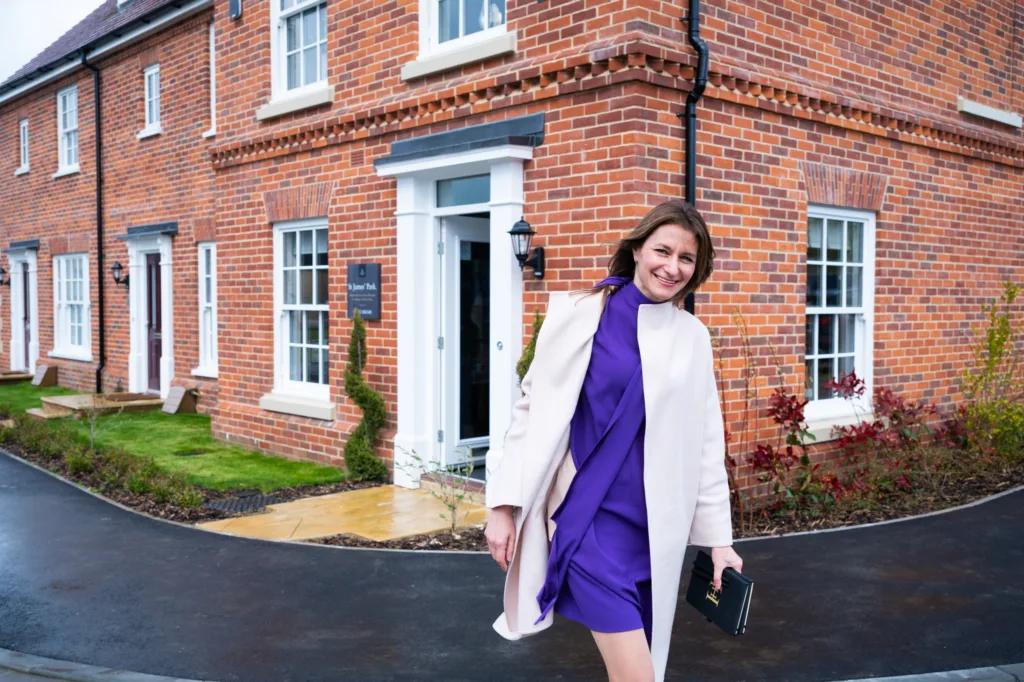
And thirdly, targeting specific support at different sub sectors, to unlock growth across the UK.
And now I would like to turn to opportunity. Particularly for young people.
Because we need inspired, empowered, and creative young people to drive these industries forward in the future
And I want to ensure that young people, wherever they are, and whatever their backgrounds are, have the opportunity to realise their potential, to fulfil their dreams, and reach, like Yetta did for something better than the probable destiny of their background.
Before taking up this role in DCMS I was responsible for youth justice and met many young people who had, unfortunately, gone down the wrong path.
None of them intending or really wanting to.
I remember meeting John, who had struggled at school, then dropped out of school, and then been sent to a young offenders institution.
He said to me ‘I don’t understand why no-one realised I was struggling and needed help, why no-one noticed me’.
Through a mentoring support scheme, after he came out of prison he got back on track.
And he himself became a mentor for other young children.
We already have the National Youth Guarantee, but I plan to expand that offer and make youth central to how we do things, as a Department.
We need to offer all young children inspiration, aspiration, fulfilling education, hope, and support.
And finally, freedom.
As the descendant of someone who had to flee persecution for freedom, I appreciate what it means to live in a free society, and how dangerous it is when those freedoms are threatened.
Organisations in this room today play a vital role in protecting both our democracy and our freedoms.
We often talk about freedom of the press, but the reality is that it’s you, the media, who are helping protect the freedom of others.
You who live up to the words of George Orwell, inscribed by his statue outside BBC Broadcasting House that ‘If liberty means anything at all, it means the right to tell people what they do not want to hear.’
I recognise this basic right is under threat across the world.
The New York Times chairman told UNESCO earlier this month that ‘All over the world, independent journalists and press freedoms are under attack.’
And he was right.
You only need to look at the Russian arrest of a Wall Street Journal journalist to see that.
I know that the challenges to free, fair, and truthful reporting are coming from so many quarters: from the potential misuse of AI to mis and disinformation.
And that is without even mentioning the speed of the changing media landscape.
Staying competitive in a rapidly changing environment is a challenge for everyone. Challenger companies like BuzzFeed and Vice that were once the new kids on the block, are facing uncertain futures.
As a government we are taking steps to increase press freedoms and make sure journalists can do their jobs effectively.
With measures like the protection of public service broadcasters and prominence in the draft media bill and our commitment to the repeal of section 40 or the protection of journalists in the online safety bill, we are actively guarding your ability to uphold the rights of others.
If we want a thriving media sector in the future – our focus has to be on a free press and a press that is free to grow.
I know that is a major focus of your discussions today – looking at what the future looks like for companies big and small.
And through our draft Media Bill we are updating a decades old regulatory framework to level the playing field and help guarantee the long-term future of those first-class Public Service Broadcasters.
While also giving a broadcaster like Channel 4 even greater freedoms to produce, own and sell outstanding British content across the globe.
No Government has all the answers to all the challenges the media faces, but what I can promise you is that my approach will be guided by the following principles.
Protect our public service broadcasters.
Stand up for independent voices.
And nurture a thriving media landscape which upholds and champions fearless truth telling.
To finish, I want to end with a thought.
Last Saturday I enjoyed seeing the amazing cultural programme organised by Liverpool as the host city for the Eurovision Song Contest which showcased Ukrainian artists. And I also celebrated with 7,000 others in the Liverpool arena at the Grand Final.
Creative excellence, TV production at its finest, world class BBC output.
I was sitting next to the Ukrainian culture minister.
As the show started Russia bombed Ukraine. He turned to me and said, ‘it’s surreal.’ He looked around at the glitter, the spectacle, and the sparkle. And said ‘I am here. And my wife is in a bomb shelter in Ukraine.’
Here in the UK, we are lucky to have it all. Potential. Opportunity. Freedom.
And we must embrace it.
Because as my grandmother would have said, ‘what’s a heaven for’?


